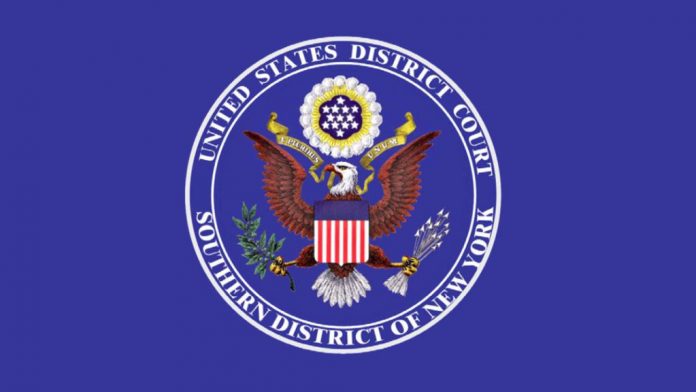By Andrew Victor, Robert Rhoad, and Haaleh Katouzian
August 18, 2021
Recently, in United States ex rel. TZAC, Inc. v. Christian Aid, a federal district court in New York dismissed a False Claims Act (“FCA”) qui tam case for lack of personal jurisdiction over a U.K. nongovernmental organization (“NGO”).
According to the relator, The Zionist Advocacy Center (“TZAC”), Christian Aid received $26,000 in grant monies from the United States Agency for International Development (“USAID”) to conduct jobs training for disabled people in Lebanon. Christian Aid allegedly received its USAID grant monies on condition of signing Anti-Terrorism Certifications attesting that it did not provide material support to terrorists. TZAC alleged that the certifications were false because, in 2015, Christian Aid worked with an organization in Lebanon that had been designated by the U.S. government as a “Foreign Terrorist Organization.”
Christian Aid moved to dismiss and asserted, amongst other arguments, that the court lacked personal jurisdiction over it because it had limited contacts with the United States. The court agreed with Christian Aid, reasoning that litigating the FCA case in New York did not comport with due process clause of the U.S. Constitution’s Fifth Amendment; ultimately, it would be unfair to Christian Aid for the case to proceed in New York for alleged fraudulent certificates signed in London and Nairobi.
Although TZAC advanced several arguments, the court rejected them all:
- The court pointed out that none of the alleged conduct, including the signing of the certifications, occurred in the United States.
- The relator stressed three facts in its complaint:
- Christian Aid was a member of an international NGO headquartered in New York City;
- Christian Aid helped form a second NGO, which was registered in New York; and
- Christian Aid executives had traveled to New York in 2018 and 2019 to attend conferences.
But the court concluded that these facts were insufficient for the following reasons:
-
- Membership in the international NGO was not significant because Christian Aid was just one of 135 members;
- the second NGO was legally independent from Christian Aid; and
- he executives’ visits were limited to the conferences, which were unrelated to the conduct at issue.
- The relator argued that the certifications should confer personal jurisdiction because they stated that the “United States will have the right to seek judicial enforcement of these assurances.” The district court disagreed, finding that the clause was not a forum selection clause and that, had USAID wanted to include a forum selection clause, it could have done so.
TZAC has appealed the dismissal of its complaint to the U.S. Court of Appeals for the Second Circuit. However, the district court’s decision echoes other FCA cases finding lack of personal jurisdiction when a foreign company did not direct its conduct to the particular U.S. state where the court civil action was filed. See, e.g., United States v. Kellogg Brown & Root Servs., Inc., No. 4:12-CV-4110-SLD-JAG, 2014 WL 4948136 (C.D. Ill. Sept. 30, 2014) (granting motion to dismiss for lack of minimum contacts with the forum state because conduct of foreign company occurred in a foreign country).
Disclaimer
The information provided in this blog does not, and is not intended to, constitute legal advice; instead, all information, content, and materials available on this site are for general informational purposes only. Information on this website may not constitute the most up-to-date legal or other information. Readers of this website should contact their attorney to obtain advice with respect to any particular legal matter.
